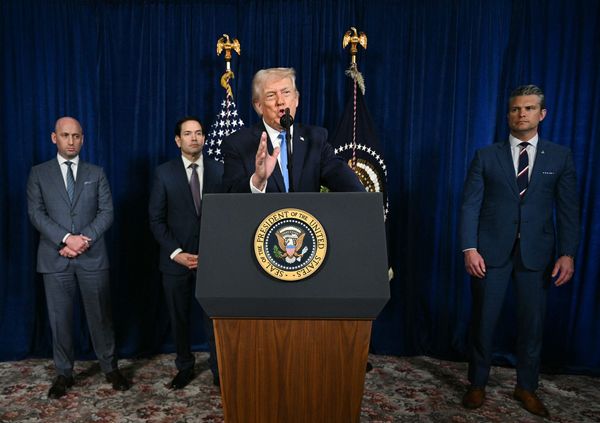
Some of the poorest countries in the Commonwealth may be left unable to deploy cutting-edge UK innovations against three of the world’s deadliest diseases if Britain fails to give generously to a key international fund, the UK government has been warned.
Peter Sands, the executive director of the Global Fund to Fight Aids, Tuberculosis and Malaria, said the combined death toll from the diseases could be halved in the next four years in the countries where the fund invests.
However, he said that “extraordinary opportunity” would only be possible with sufficient financial resources to allow badly affected countries to use new scientific tools such as Oxford University’s promising malaria vaccine and a groundbreaking HIV prevention drug developed by a British pharmaceutical company.
Historically, Britain has been the third-largest donor to the Global Fund, which provides two-thirds of all international financing for malaria programmes and three-quarters of the money for TB programmes.
But at a recent conference in New York, aimed at securing the fund’s resources for the next three years, Britain failed to make a pledge, with Vicky Ford, the minister for development, insisting the UK would continue to be “a strong supporter and contributor”, without committing to a figure.
The government has until late October, when the fund will begin the process of allocating its resources to the countries in which it invests. In the past, more than half the money raised has gone to Commonwealth countries, among which the UK’s failure to pledge in September has caused alarm.
Without enough money, Sands warned, governments on the frontline of the fight – many of which are Commonwealth countries – will be forced to prioritise “basic life-saving essentials” over more sophisticated efforts to curb the diseases once and for all.
“The challenge is that if most of the money is just going on delivering … essentials [such as antiretroviral treatment and insecticide-treated bed nets] there’s very little resource to enable the rapid introduction of the newer tools that will actually win against the disease,” Sands told the Guardian.
Governments would also face “very acute and difficult” choices between keeping those essentials going and investing long term in their health systems to make them better prepared to withstand a future pandemic, he added.
“Countries will face very difficult trade-offs between sustaining immediate life-saving priorities, and investing in these longer-term, health system capacities. And those are going to be very acute and difficult trade-offs if we don’t get the resources we need.
“I think there is significant concern among Commonwealth leaders about the fact that the UK did not make a pledge,” said Sands.
“If you look at the three diseases, I’m afraid that the countries with the highest disease burden on all three diseases are all Commonwealth countries. South Africa has the most number of people who are HIV-positive in the world. Nigeria has almost 30% of global malaria cases. And India has about a quarter of the world’s TB. In most Commonwealth countries, these diseases are killing more people than Covid.”

One such country is Rwanda, which increased its own Global Fund pledge from $2.5m to $3.25m (£2.9m). In a statement to the Guardian, the Rwandan ministry of health said it looked forward to support from Britain for the “critically important” programme.
“It is up to each country to decide on their particular contribution. Rwanda contributed and increased by 30% over 2019 in line with the pledging target. We look forward to the UK continuing to robustly support the Global Fund along with the other G7 countries,” it said.
All governments were asked by the fund to increase their pledge for the next three years by 30%, to get the fight against the diseases back on track after the pandemic. For the UK, that would be £1.8bn, up from £1.4bn. If, as many fear, it pledges less, there will be a significant dent in the overall amount of money available.
About 2.8 million people die globally from TB, malaria and Aids-related illnesses every year.
A spokesperson for the Foreign, Commonwealth and Development Office said: “As the third largest donor to the Global Fund, the UK has invested £4.4bn to date to fight HIV and Aids, tuberculosis and malaria around the world. We will continue to support this vitally important work and will make our pledge after informing parliament.”







